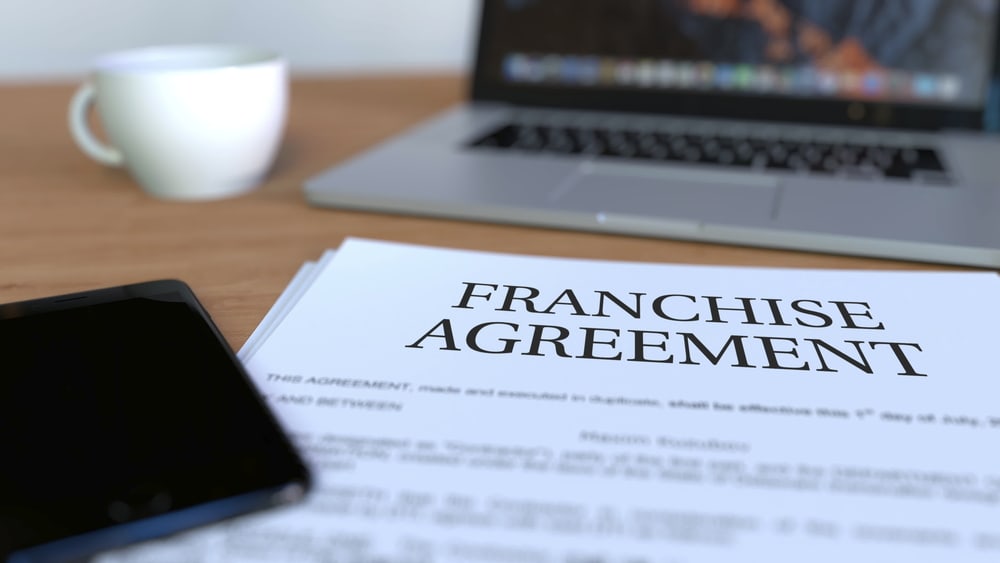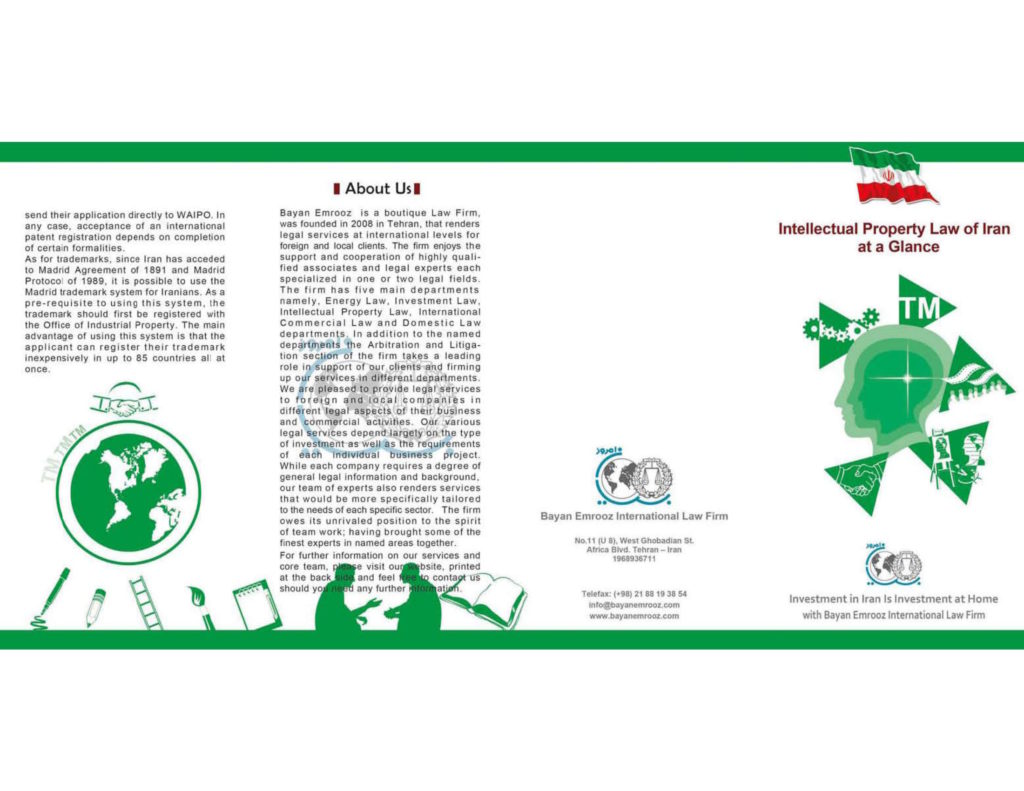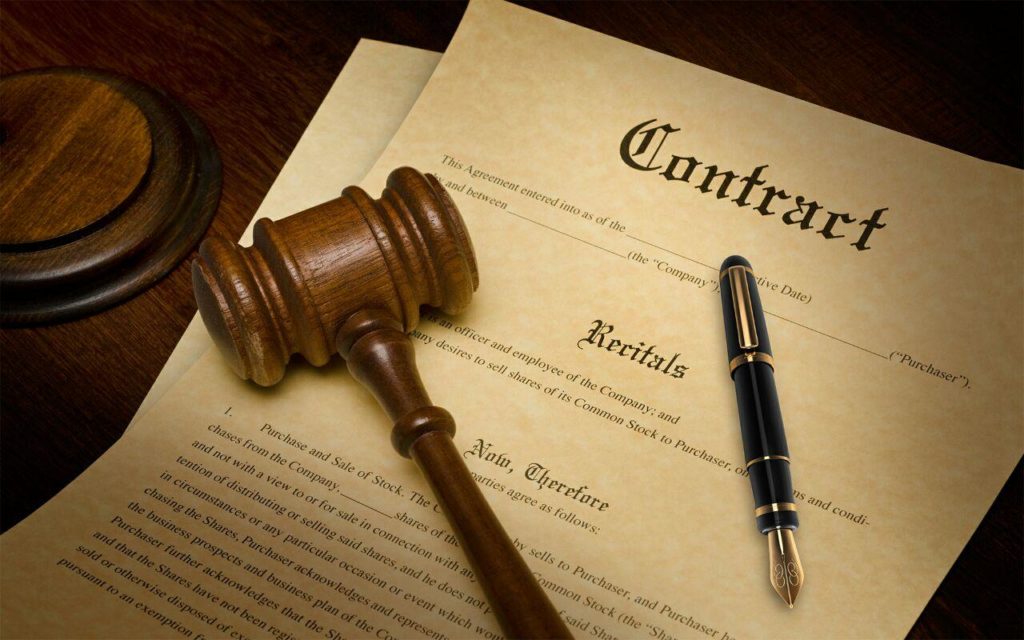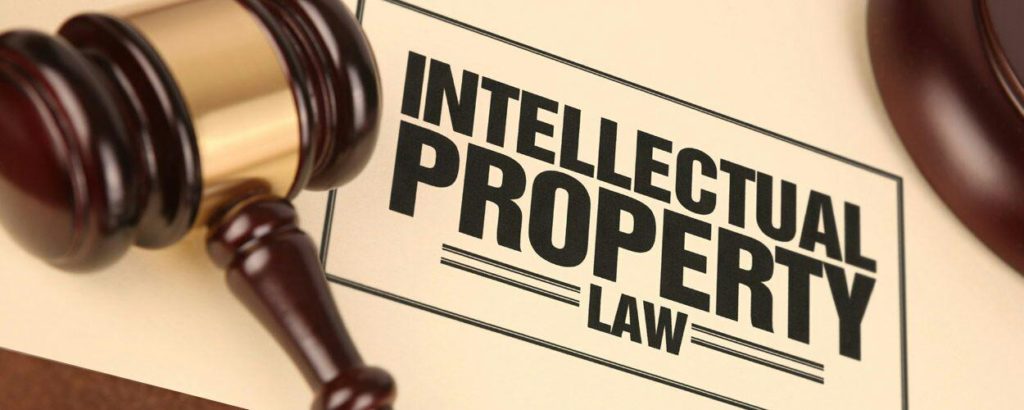A license agreement is a written contract by which concession and permission for use of the intellectual property is granted without transfer of ownership. Through the license agreements the right in respect to use certain trademarks, names and brands, known as the licensed property is granted.
The parties to the license agreements are the licensor, being the person who owns the trademarks, names and brands, and the licensee, who utilizes the trademarks, names and brands in order to conduct their own business. . Therefore, the licensor holds ownership of the licensed property and the licensees do not enjoy any rights of ownership over the License Property. In other words, the licensor has only given the licensee the right to use the licensed property for a prescribed period of time.
When entering into a licensing agreement it is paramount that both the licensor and the licensee clarify their agreement and the coverage of that agreement, which usually encompasses the following:
- Identifying the licensing property- to clarify what is being licensed
- Time frame- how long the licensee has the right to use the licensed property
- Royalty- The sum of money that the licensee has to pay to the licensor in return for the license. Usually there is an initial license fee and an on-going obligation to pay a royalty/license fee.
- Restrictions- these will be set out by the licensor as to what the license can and cannot do to the licensed property.
Features of License Agreement
- The license agreement may be exclusive or non-exclusive; in the exclusive license agreement, the licensor may not sign such a contract with a person other than the licensee in a specified territory. In a non- exclusive license agreement, there is no restriction on the licensor for concluding license agreement so the licensor can enter into such a contract as many times as possible.
- The license agreement contains the licensor’s obligation to transfer the knowledge, technology, and information to the licensee, even sometimes there is an obligation to transfer the confidential matter in the production of goods or services. Of course, it should be noted that commitment to privacy and confidentiality is a fundamental element of the license agreement. License contracts often specify which part of the information is classified and that it is necessary to not disclose it.
- License agreements often contain a clause on the training of employees and bilateral dispatches of experts, which, in addition to other features, can guarantee the quality of products and services. Moreover, maintaining this quality and the standards that the licensor have already assigned to its services and products requires another clause, which is contained in most license agreements as a condition of control and supervision, and grants the licensor’s right to exercise supervision. The importance of this term can be well understood because it is most beneficial for the licensor to maintain its credit and business image, try to prevent it from being corrupted. One of the tools that help the licensor to fulfill this oversight role is that it also undertakes the responsibility of supplying the raw materials for the production of goods, thereby preventing the supply of goods that may be inferior or different from the necessary standards.
- License agreements are mostly used in the field of intellectual property such as patents and trademarks, as well as copyright for written materials and visual arts and technology transfer.
- The licensee pays the licensor in exchange for information and licenses for use of the licensor’s thought, known as royalties.
- The nature of the license agreement is incompatible with any of the specific contracts recognized in the Civil Code of Iran and its validity is justified on the basis of Article 10 of the Civil Code.
It is very rare for the license agreement to come on its own as an independent agreement. They are therefore contained in other contracts and the signing of them therefore come within those contracts. Contracts containing licensing is BOT contracts, joint venture agreements and franchise agreements.
Bayan Emrooz Law Firm renders services to foreign and Iranian natural and legal entities in the field of contract law, including consulting, for setting up a License Agreement. Having an experienced and specialized legal staff, Bayan Emrooz is ready to provide the needed legal services in respect to investment and JVs, sale and purchase in accordance with Incoterms, exclusive and non-exclusive agency, distributorship, technology transfer, license, franchise, turn-key, buy-back, finance, consultancy services, service contracts, EPC, transportation and logistics, insurance, MOUs, LOIs and etc. in Iran.











